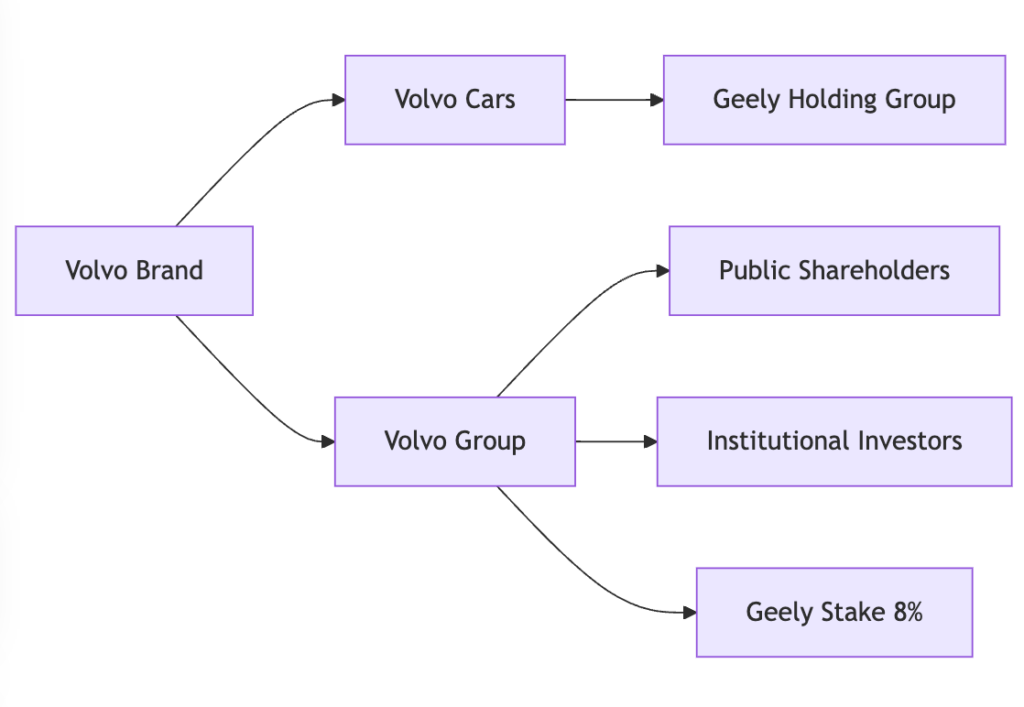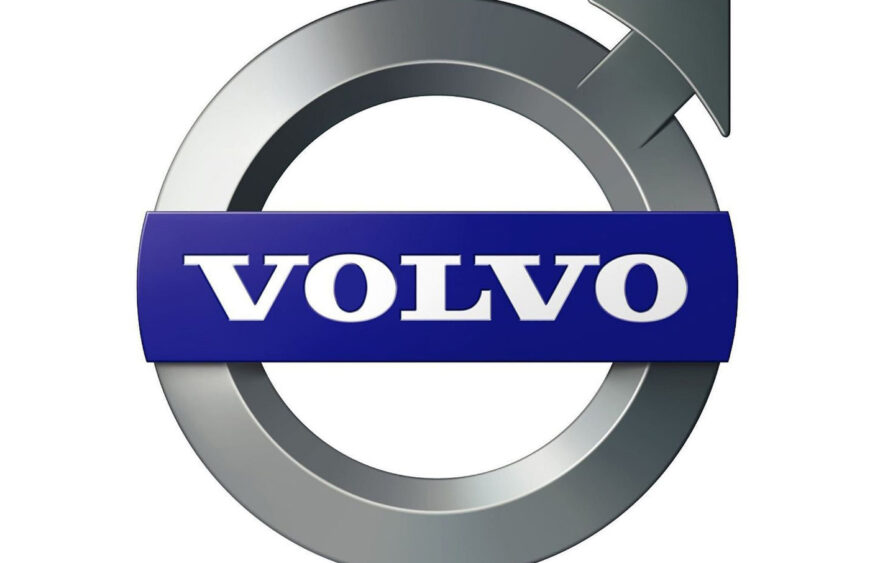Introduction
Volvo, a name synonymous with safety, quality, and Scandinavian design, has a storied history in the automotive industry. As one of the most respected car manufacturers globally, Volvo has undergone significant transformations over the decades. One of the most frequently asked questions about Volvo is: “Who owns Volvo?” The answer is more complex than it might seem, involving global business strategies, multinational corporations, and international investments.
In this article, we will explore Volvo’s ownership, how it impacts the brand, and what it means for consumers and the automotive industry at large.
A Brief History of Volvo
Volvo was founded in 1927 in Gothenburg, Sweden, by Assar Gabrielsson and Gustaf Larson. Initially, the brand focused on building cars that could withstand the harsh Scandinavian climate. Over the years, Volvo expanded its offerings, introducing trucks, buses, construction equipment, and even marine and industrial engines.
Key Milestones
- 1927: Volvo produces its first car, the ÖV 4.
- 1959: Volvo introduces the three-point seatbelt, a revolutionary safety feature.
- 1999: Volvo sells its car division, Volvo Cars, to Ford Motor Company.
- 2010: Geely, a Chinese multinational automotive company, acquires Volvo Cars from Ford.
- Today: Volvo Cars operates under Geely, while Volvo Group remains a separate entity, focusing on trucks, buses, and heavy machinery.
Volvo Cars vs. Volvo Group: Understanding the Difference
One of the biggest sources of confusion about Volvo’s ownership stems from the fact that Volvo Cars and Volvo Group are two distinct entities with different ownership structures and business models.
| Feature | Volvo Cars | Volvo Group |
|---|---|---|
| Business Focus | Consumer vehicles (cars, SUVs, electric cars) | Commercial vehicles (trucks, buses), construction equipment |
| Current Owner | Geely Holding Group (China) | Publicly traded (Sweden) |
| Headquarters | Gothenburg, Sweden | Gothenburg, Sweden |
| Key Products | XC series, S series, C40 Recharge | Volvo Trucks, Volvo Buses, Volvo Construction Equipment |
| Ownership Since | 2010 (by Geely) | Independent, publicly listed since 1999 |
Why the Split?
In 1999, AB Volvo sold its car division, Volvo Cars, to Ford Motor Company. This move allowed Volvo Group to focus on its commercial and industrial sectors. When Ford decided to streamline its brand portfolio, Geely acquired Volvo Cars in 2010. Despite sharing the iconic Volvo brand name, the two companies have distinct identities and strategies.
Who Owns Volvo Cars?
Since 2010, Volvo Cars has been owned by Zhejiang Geely Holding Group, a Chinese multinational automotive company founded by Li Shufu in 1986. Geely’s acquisition of Volvo Cars marked a significant moment in the automotive industry, as it was one of the earliest instances of a Chinese company acquiring a well-known Western car brand.
Key Facts about Geely’s Ownership
- Investment: Geely purchased Volvo Cars for approximately $1.8 billion from Ford.
- Independence: Volvo Cars retains operational independence, with its headquarters and design facilities remaining in Sweden.
- Innovation and Growth: Under Geely, Volvo has invested heavily in electric vehicles, autonomous driving technology, and sustainable practices.
- IPO and Public Trading: In 2021, Volvo Cars went public on the Stockholm Stock Exchange, with Geely maintaining a majority stake.
Who Owns Volvo Group?
Unlike Volvo Cars, Volvo Group is not owned by Geely. Instead, it is a publicly traded company listed on the Nasdaq Stockholm. It focuses on manufacturing commercial vehicles, construction equipment, and industrial engines.
Major Shareholders of Volvo Group
- Institutional Investors: A significant portion of Volvo Group’s shares are owned by institutional investors, including Swedish pension funds and international investment firms.
- Geely’s Stake: While Geely does own a stake in Volvo Group, it does not hold a controlling interest. Geely acquired 8.2% of Volvo Group’s shares in 2018, making it one of the largest shareholders but not the majority owner.
- Public Ownership: The remainder of the shares is publicly owned, with a diversified shareholder base.
Impact of Chinese Ownership on Volvo Cars
Positive Changes
- Financial Stability: Geely’s acquisition provided Volvo Cars with the financial resources needed to innovate and expand.
- Technological Advancements: Volvo has emerged as a leader in electric vehicle technology and safety features.
- Market Expansion: The brand has gained significant traction in the Chinese market, one of the largest automotive markets globally.
Concerns and Criticisms
- Brand Identity: Some critics were initially concerned that Chinese ownership might dilute Volvo’s Swedish heritage. However, the brand has maintained its design and engineering roots in Sweden.
- Geopolitical Tensions: As geopolitical tensions rise, especially between the West and China, questions about data security and corporate governance have occasionally surfaced.
Volvo’s Future Under Geely
Volvo Cars has set ambitious goals for the future, including:
- Full Electrification: By 2030, Volvo plans to sell only electric vehicles.
- Autonomous Driving: The company is investing heavily in autonomous and semi-autonomous driving technologies.
- Sustainability Initiatives: Volvo aims to become a climate-neutral company by 2040, focusing on eco-friendly manufacturing and supply chains.
Potential Challenges
- Market Competition: The global automotive industry is fiercely competitive, with companies like Tesla, BMW, and Mercedes-Benz pushing innovations in electric and autonomous vehicles.
- Economic Factors: Global economic conditions, including the supply chain disruptions and inflation, could impact Volvo’s growth strategies.
Volvo Ownership Diagram

Conclusion
The ownership of Volvo is a tale of two companies: Volvo Cars, under the ownership of Geely Holding Group, and Volvo Group, a publicly traded entity. While Geely’s acquisition of Volvo Cars brought financial stability and growth opportunities, Volvo Group continues to thrive as an independent commercial vehicle giant.
For consumers and industry professionals alike, understanding Volvo’s ownership structure provides valuable insights into the brand’s strategic direction, product innovations, and market performance. Despite its complex ownership, Volvo remains true to its core values of safety, quality, and innovation—values that have made it a household name worldwide.
Read also:






